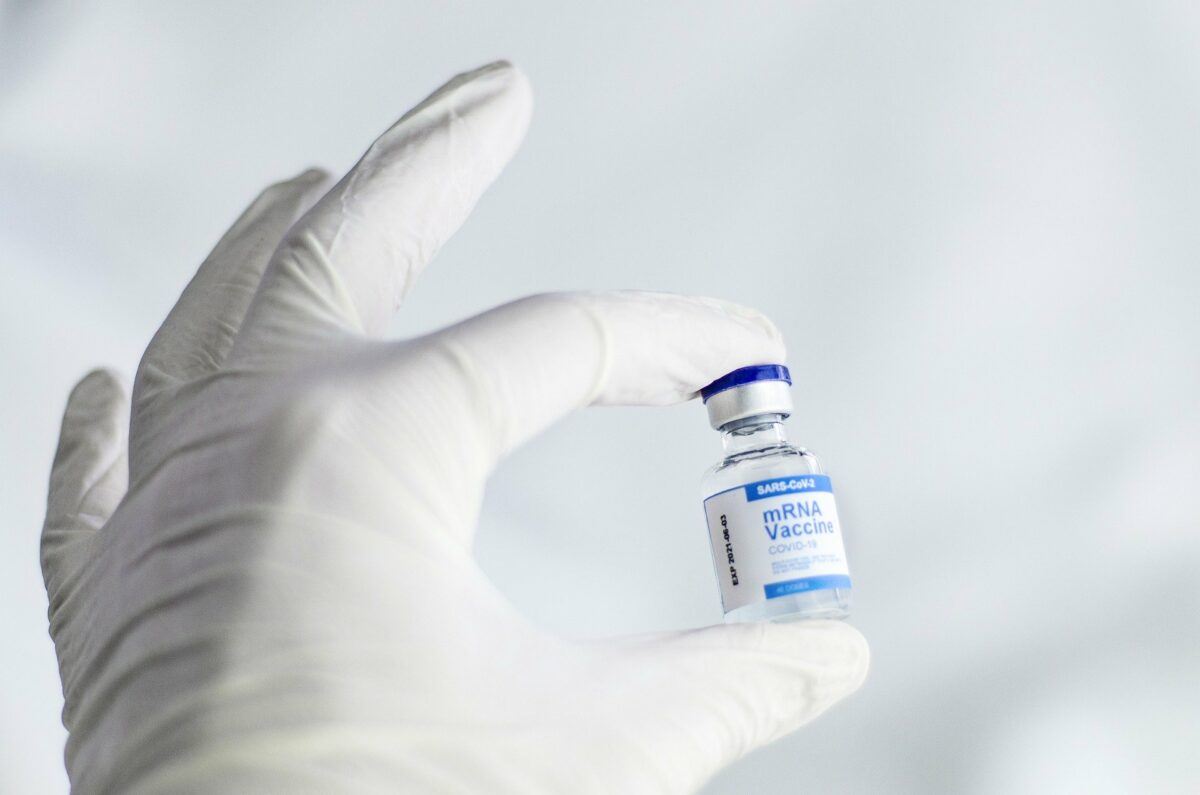Pfizer is largely the vaccine distributed throughout Israel. It’s not turning out so well after 8 months. The best thing about governments is that when something isn’t working their solution is always that we just didn’t do enough of it. So, let’s roll out the boosters!
The vast majority of Israel’s older population had received two doses of the Pfizer-BioNTech vaccine by the end of February, and by now about 78 percent of the population 12 and older are fully vaccinated.
The vaccine is still believed to help prevent severe illness in those who do become infected, though some Israeli data suggests the possibility of an increased risk of severe disease among those who received early vaccinations. The number of deaths in Israel has climbed in the past month as the infection rate increased.
New York Times
What good is a vaccine that doesn’t produce immunity longer than 8 months? Seems less effective than the flu shot which is pushed yearly.
Out of a population of nine million, about a million eligible Israelis have so far opted not to get vaccinated at all. And among the fully inoculated, Israeli scientists have found growing evidence of waning immunity, particularly among the older population who were vaccinated first.
Data published by Israel’s Ministry of Health in late July suggested that the Pfizer shot was just 39 percent effective against preventing infection in the country in late June and early July, compared with 95 percent from January to early April.
New York Times
And funny enough the Orthodox communities, which are largely unvaccinated, are doing better than the vaccinated communities.
Unlike previous epicenters of infection in Israel’s crowded, less-vaccinated ultra-Orthodox communities, this scourge primarily took hold in well-vaccinated, middle-class suburbs.
New York Times
